I released a long-held sigh of relief today when I came across an announcement from the National Institutes of Health, declaring their decision to rename polycystic ovarian syndrome (PCOS). A minor thing to get worked up over? I think not. PCOS is a leading cause of infertility in young women, and a significant risk factor for type 2 diabetes, high cholesterol, and hypertension. Despite the name, PCOS often presents without any ovarian cysts. Why is this a concern? A misleading name will do exactly that: mislead.
As a naturopathic physician specializing in women’s health and endocrine disorders, I’ve had the opportunity to see how prevalent PCOS is, and how frequently it goes undiagnosed. Without ovarian pain, or confirmed ovarian cysts, a focused diagnostic work up for the hormonal disorder is often overlooked. Sometimes this is an oversight by the healthcare practitioner, but in many cases, it is related to patients not knowing when to seek care. Of the women I have diagnosed with PCOS, most have responded to my first mention of its name with something along the lines of “PCOS? Not me, I don’t have any cysts.” They’re half right.
What is PCOS?
Polycystic ovarian syndrome is a complex metabolic and hormonal disorder that involves both hyperandrogenism (elevated levels of androgen hormones, such as testosterone) and insulin resistance. Hormone and blood sugar imbalances effect the entire body, causing a wide variety of symptoms:
Irregular menstrual cycle, or complete loss of cycle
Infertility (Unable to conceive after 12+ months)
Excess hair growth on the face, back and chest
Thinning hair (scalp)
Oily skin
Weight gain, especially around the trunk
Acne
Ovarian cysts
Depression and anxiety
As you can see above, ovarian cysts are a very small piece of a very large puzzle. Their absence does not rule out a diagnosis of PCOS, nor does their presence guarantee one. In fact, single and even multiple ovarian cysts can exist women without any history of the condition.
With so many young women effected and at increased risk for life-altering diseases, early diagnosis and treatment of PCOS is invaluable. If you have irregular cycles in combination with any of the symptoms listed above, please do not hesitate to speak with your healthcare provider.
Are there natural treatment options?
There are many natural treatment options available to help balance your hormones, address insulin resistance and improve metabolic function. For my patients, I use a combination of dietary counseling, weight loss plans, bio-identical hormones, nutritional supplements and botanicals. Subclinical hypothyroidism is also present as well, and treatment with natural supplements or thyroid hormone replacement leads to significant improvement. Many women respond beautifully to these interventions, allowing them to avoid treatment through surgery, diabetes medications, birth control pills or anti-androgen medications.
Diet: Insulin resistance and elevated blood sugar are highly responsive to dietary modifications.
Weight Loss: Specific dietary changes, metabolic support and HCG Diet when appropriate.
Bio-Identical Hormones: Bio-identical progesterone in combination with aggressive treatment of insulin resistance (high insulin stimulates increased androgen production).
Nutritional Supplements: Specific to hormone metabolism, blood sugar balance and endocrine system support.
Botanicals: Specific to estrogen, testosterone and progesterone balance, as well as blood sugar metabolism.
Dr. Kaley Bourgeois
Reference:
“Panel recommends changing name of common disorder in women.” NIH News. National Institutes of Health, 23 Jan 2013. Web. 25 Jan 2013. <http://www.nih.gov/news/health/jan2013/od-23.htm>.
